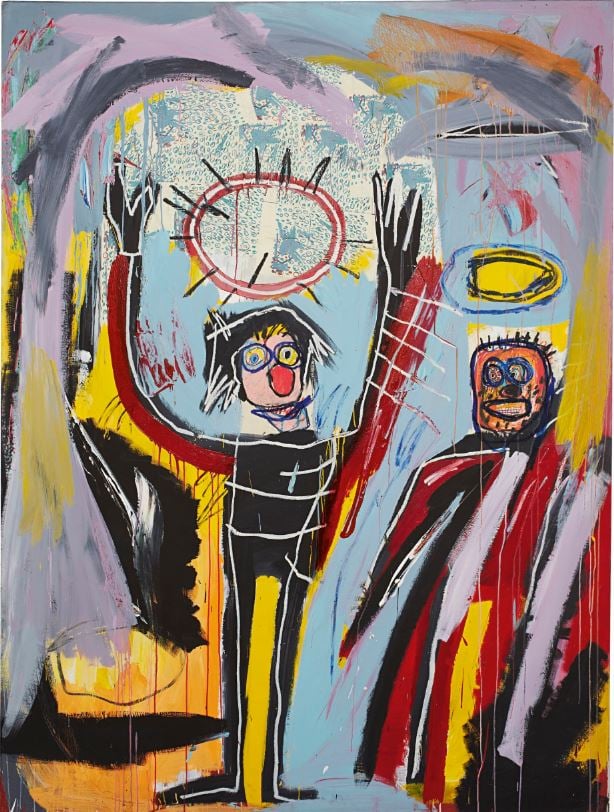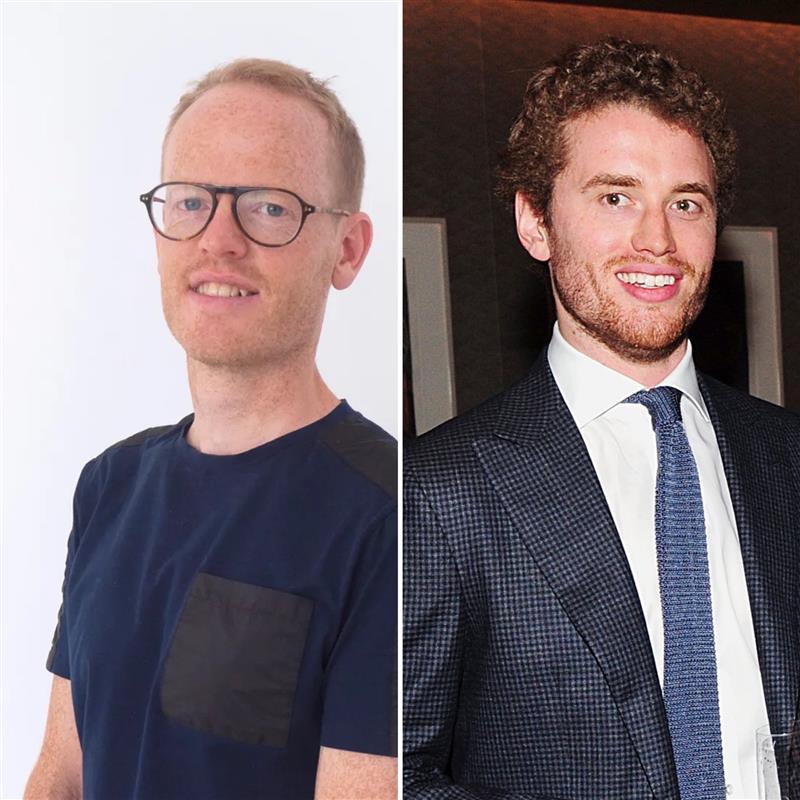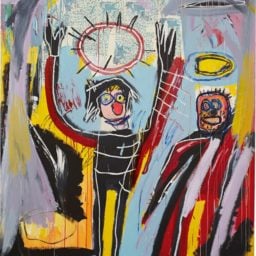U.S. Department of Justice prosecutors are firing back at disgraced dealer Robert Newland, who pleaded guilty to collaborating with Inigo Philbrick to defraud collectors out of millions, rejecting his recent bid for leniency.
While the attorneys acknowledged that Newland was not “the instigator and driver” of the scheme—a role they attribute to Philbrick—they emphasize that Newland nonetheless played a significant role that ultimately allowed the fraud to continue longer and to generate greater losses to victims.
“In the role of financial adviser, the defendant partnered with Philbrick, a talented young art dealer, to convince investors and lenders to trust Philbrick with their art and money,” read the memo filed September 12 in the U.S. District Court for the Southern District of New York. “In fact, lies permeated nearly every aspect of Philbrick’s business, which ultimately grew into a Ponzi-like scheme premised on fractional art investments and fraudulently obtain[sic] loans,”
The government recommends a sentence that is less than the seven years Philbrick got, but that is nonetheless “meaningful” given the harm caused and the need for deterrence in the “unregulated art market.”
Newland will face a judge next week to learn if and for how long he will serve prison time in the U.S.
In 2015, Newland helped Philbrick receive financing from Fine Art Partners, a financial services company that went on to suffer major losses. Two years later, he left his job at White Cube and joined forces with Philbrick. The government has since identified 29 artworks that Philbrick used to conduct fraudulent art deals that resulted in $86.4 million in losses to victims. They estimate that Newland was involved in roughly half of these transactions over a two-year period, and that he should pay a total restitution of $67.5 million for his role in the fraud.

A now-deleted screenshot of Newland’s staff page via Superblue.com
Prosecutors say that Newland knowingly provided false information to Fine Art Partners and Athena Art Finance, which provides art-backed loans, or failed to disclose competing ownership stakes in artworks. This included drafting emails on Philbrick’s behalf, “including emails from a fictitious character, ‘Martin Herrero’,” to White Cube owner Jay Jopling, who is named among the defrauded victims.
They also say Newland was complicit with making false representations to several clients about Jean-Michel Basquiat’s large-scale painting Humidity 1982, which they believed they owned substantial stakes in. Philbrick and Newland convinced Athena and two investors, Alexander Pesko and Damian Delahunty, to make substantial payments for the Basquiat. The duo then pledged it as part of a “collateral pool” for Athena in exchange for a $10 million loan, “in the process lying to Athena” that they had clear title to the painting.
After Philbrick’s business collapsed, in late 2019, he fled the country. Newland remained in the UK. In 2021, a grand jury returned a sealed indictment charging Newland with wire fraud and conspiracy to commit wire fraud. The following year he was arrested in the U.K. and extradited to the U.S., where he pleaded guilty to one of the charges. He has remained free on bail since his arrest, but wears an ankle monitor and abides by a curfew.
Newland has agreed to forfeit $76,000 in cash along with three artworks: Personal Distance A, a painting by Carroll Dunham; Untitled (2016), a painting by Christopher Wool; and Untitled (2007), by Wade Guyton, as well as a desk by French furniture designer Jean Prouvé.

Jean-Michel Basquiat, Humidity (1982).
Although prosecutors say Newland did not substantially profit from the fraud, he and Philbrick “have left it up to their victims to fight amongst themselves to unravel the fraudulent art deals and recover their losses.” The prosecutors note that there are many civil lawsuits filed by victims seeking to resolve disputed ownership claims over multiple artworks. “The government expects that many victims, unfortunately, will never be made whole,” according to the memo.
Daniel Tümpel, principal of Fine Art Partners, also filed a nine-page letter to the judge proposing a counter-narrative to Newland’s plea for leniency, in which he described him as remorseful and cowardly.
“When I read Newland’s defense statement, it left me speechless,” wrote Tümpel. “He accepts his guilt but paints a picture of a generous and loving man and father who already suffered enough as a result of the bad light this entire matter has cast on him… When we started gathering more are more information and documents—also from other damaged parties—we could see Newland’s fingerprints all over.“










